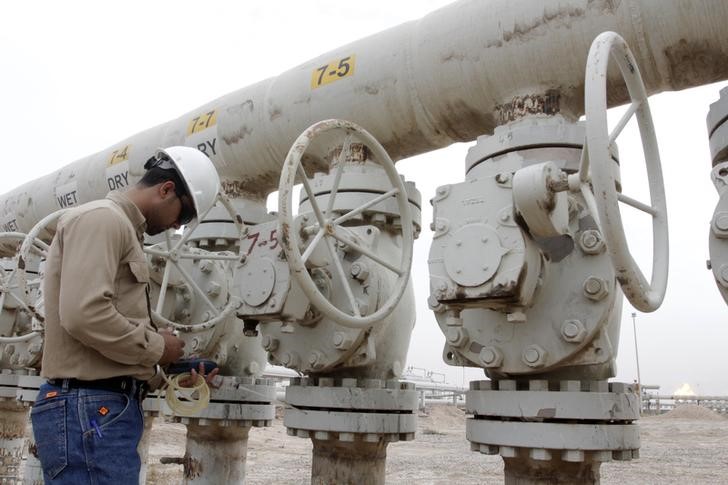U.S. natural gas prices upside likely in 2026 - Morgan Stanley
(Bloomberg) -- European natural gas futures extended their gains as an energy-supply crunch continued to batter the region, amid signs that the is fuel becoming too costly for industrial use and power generation.
Prices are about ten times higher than where they usually are for the time of the year, as costs spiral for households and businesses facing the worst inflation in decades and the risk of recession. Europe has already lost about half of its zinc and aluminum smelting capacity over the past year due to high energy costs, and more is set to go offline.
Read more: Five Vital Commodity Industries Are Buckling Under Energy Crisis
Europe is engulfed in an energy crisis fanned by limited supplies from Russia, as well as increased demand amid recovery from the pandemic and a hot and dry summer that has increased the need for cooling. Nations are outlining plans to save gas in the run-up to winter, placing as much gas as possible into storage sites but still preparing for a risk of energy rationing.
While “nationwide gas shortage does not necessarily have to occur,” Germany expects “there could definitely be gas shortages regionally,” Klaus Mueller, president of the Federal Network Agency BNetzA, said in an interview with news website t-online.
“The restrictions would probably be temporary at first and could end again or occur several times,” the regulatory chief said. “In this case, we have to ensure that the gas is safely transported across the country.”
Europe will likely aggressively tap its stockpiles should curbed flows from Russia continue through the winter, and that would mean low inventories at the end of the heating season and a new cycle to refill the facilities in the summer.
“It is all the more important that everyone understands: It’s not just about one winter, but at least two,” Mueller said. “And the following winter could be even harder.”
Front-month futures at the Dutch hub, the European benchmark, traded 3.1% higher at 232.80 euros a megawatt-hour by 9:12 a.m. in Amsterdam, erasing an earlier loss. The contract has settled just shy of a record for the past two sessions.
©2022 Bloomberg L.P.
